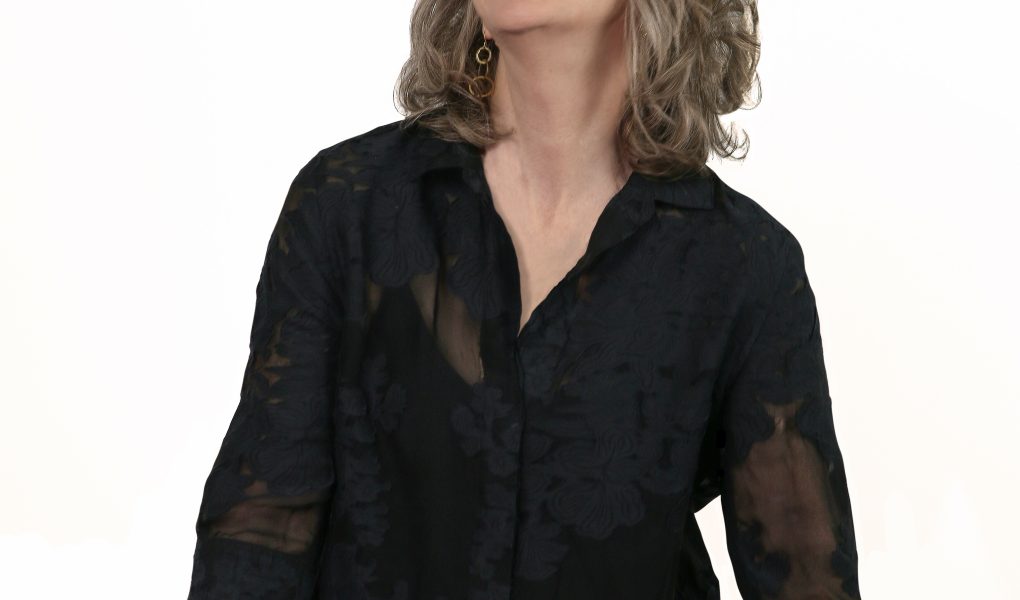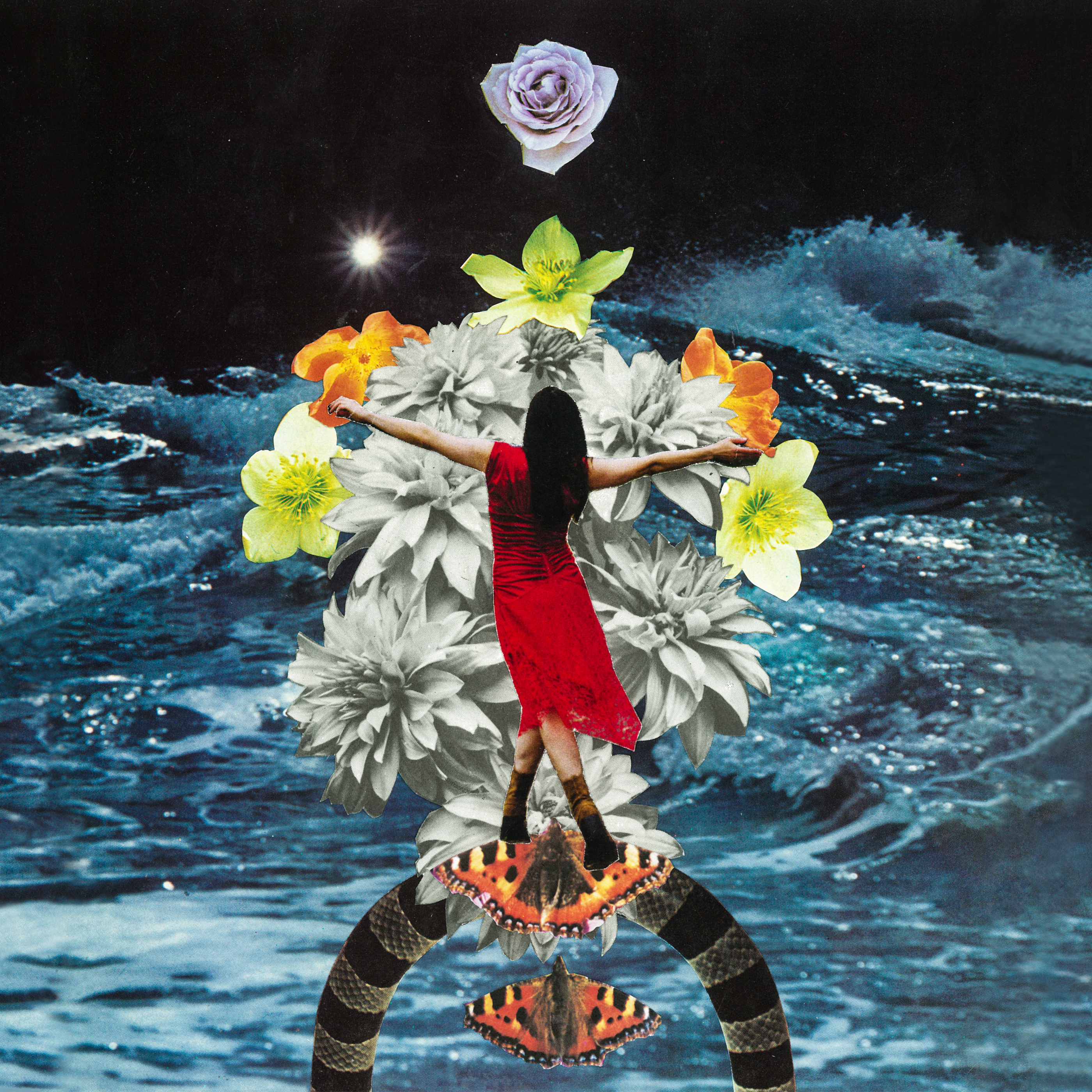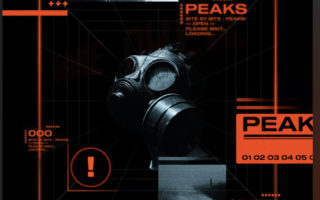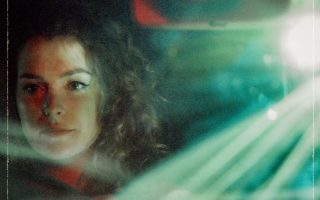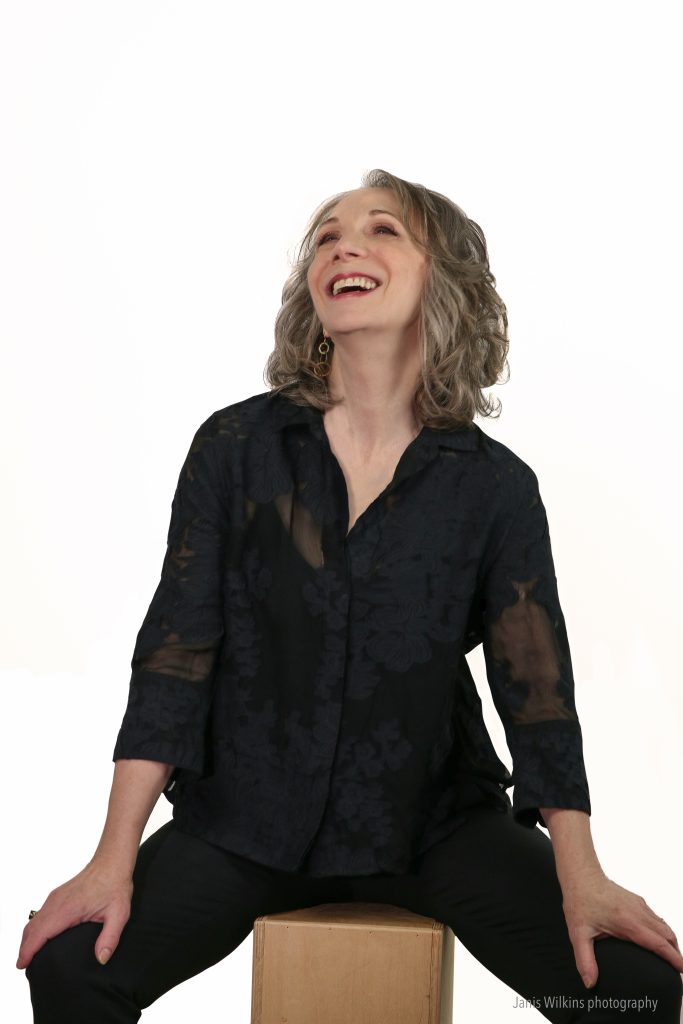
Andrea Wolper is a jazz vocalist, improviser, songwriter, arranger, teacher, and composer from New York who has been on a journey In music her whole life, agreed to talk to Platinum Mind’s Sammy Stein about her life in music ahead of her upcoming album ‘Wanderlust’ released Bandcamp on April 12th and set to hit other digital platforms shortly after.
Tell us briefly about your journey in music.
What a perfect first question. I studied theater in college, then came to New York for acting school. I’d had exposure to jazz and was really into it as a listener, but I didn’t start seriously exploring it for myself till a bit later. Once I did, that was it. The music and the people have taken me places I never expected to go…and the journey continues.
Your list of recordings is impressive. Are you releasing music soon?
My new CD is called ‘Wanderlust’ because it’s definitely been a journey. I had a variety of musical influences growing up in California. I’ve been slow to release my own projects—the last one came out in 2011, but I’ve been gigging, touring, writing music, doing artist’s residencies, teaching, and, like everyone, generally navigating life. I’ve also appeared in several other people’s performance and recording projects. Last year I made my third recording for William Parker, and also recorded a spoken word piece for Virg Dzurinko and Eva Lindal’s follow-up to their beautiful “The Hidden Music of Sofia G.” I think both those recordings will be out this year. Plus, I’ve got some music I recorded in 2019 in the can that I’ll probably release next year.
I’m excited about “Wanderlust”. It’s very representative of what I love to do, which is travel the continuum between straight-ahead jazz and what’s sometimes called ‘adventurous’ music. It’s got seven originals and five lesser-known covers. The music doesn’t stay in one lane, yet I think it all hangs together.
How did you find musicians to work with?
I’ve been playing with the rhythm section musicians John Di Martino (p), Ken Filiano (b), and Michael TA Thompson (d) for many years, so that was easy. One of the reasons it took me so long to get back into the studio is that I knew I wanted additional instruments…but which ones? And who? There were just too many possibilities. On top of that, I had a lot of music I hadn’t recorded yet, and I couldn’t figure out which pieces should be on this project. I was driving myself a little crazy (well, a lot crazy) until I had a lightbulb moment and asked Jeff Lederer to co-produce. Jeff does a lot of very interesting, wide-ranging projects of his own, and he had been to a gig of ours a couple of months before. He brought some great ideas to the table, and we ended up adding Charlie Burnham on violin, and Jeff on clarinet and flute.
How is it promoting your music? Do you target specific audiences, or put it out and hope for the best?
I’d say there’s a lot of hoping for the best. Some people say I’m good at it, but I think the measure of that is how effective I am, and I don’t think I’m all that effective. There’s so much an independent musician has to do these days that sometimes I don’t know if I’m a musician or a PR person/agent/etc. I would love to find a mini-me or, really, a maxi-me, someone who knows the scene and could help me handle that part of my life. If anyone’s out there, let’s talk!
As a female artist, do you feel there are expectations of women that male performers do not have, or do you feel the field is even now?
The field isn’t even, but it’s better, thanks to the women who’ve gone before and to general social and political developments. In jazz, being a woman and a vocalist is kind of a double whammy: a lot of people have very limited and often negative views of singers based at least in part on internalized (and sometimes overt) sexism. Even now most of the singers are women and most of the instrumentalists are men, and that division is both a cause and an effect. But in the last decade or so I’ve noticed that more instrumentalists are also singing, and of course, there are more and more women in conservatories, and more female instrumentalists in the professional arena. So I think that with women claiming their right to be in those spaces and speaking up about sexist attitudes and bad behavior, things will continue to get better. As for me, I can’t say I’ve completely let go of caring what assumptions people might make, but at this point in my life I know who I am, and I have to let my work speak for itself.
If you were to advise a young performer just starting out, are there any lessons you might pass on?
First, some life lessons: Just be aware that everything probably won’t go as planned. Some of the unexpected developments will turn out to be blessings, and some won’t. How do we meet those unexpected moments? And remember that there are as many honorable ways to be an artist in this world as there are artists. If you can’t make a living at it, you can still have a very meaningful life in music/music in your life.
The second thing is about how there’s so much copy-cat music in the popular genres. We all have influences, that’s natural, but why put yourself out there sounding like somebody else? My advice is to really love music—value it, respect it, care about it—and discover what you have to offer that nobody else does. I’m not saying lock yourself in your room until you’ve figured it out; no, you have to get out there; that’s part of how you figure it out. But, hell, the robots are taking over, anyway, so while we still have the chance to make unique, precious human music, let’s do it.
What would you say are the hardest areas of being a musician?
Career-wise, all the self-management tasks, most especially booking gigs and tours. I’ve been at it a long time, but I’ve kind of flown under the radar, so it often feels like all the work I’ve done doesn’t matter, like I’m starting from scratch all the time.
Music-wise…maybe just being brave. We can feel so exposed, and it’s not always easy to take chances. But that’s how you get better; I think it’s also a pretty good way to stay engaged and curious. My own experience has been that being willing to go out on a limb, to try things even though it’s a pretty sure bet that not everything is going to land, can be very freeing. It can be exhilarating.
Any final thoughts?
Just a big thank you, Sammy, for shining a light on women musicians and for inviting me to do this interview.
Find out more at: ANDREA WOLPER

